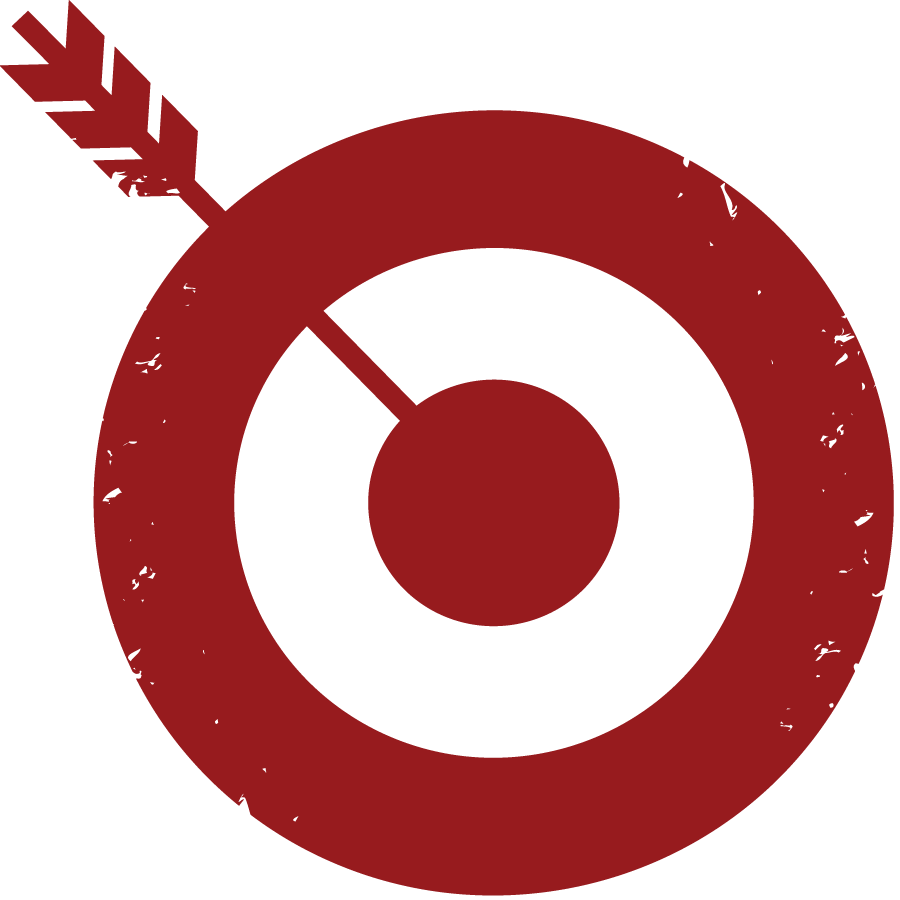PW: Here is the last sentence of “Tarzan in Space.” “It’s just that even now, in the twenty-first century, if you asked me for one example of bravery in the face of the unknown, for someone going above and beyond the call of duty, someone feeling the fear and doing it anyway, if you asked me for one single name from all the great heroes of the human race, the choice of this mad old man would be but a twinkle in my eye, a finger to my lips, and a letter, not a name, that once and forever made us all look up.” How should last lines end stories (what feelings, ideas, etc. should they convey)?
AM: I used to go out with a girl who loved intellectualising over questions such as these. I’d be secretly writing stories of jungle men coerced into piloting stolen Nazi rocket ships and she’d be deconstructing Anna Karenina. Poor kid. Rich as Croesus now, of course. Me? Well, I’m still scribbling. As for craft – frankly, I wing it. When it comes to those all important last lines I hope to God something passable will present itself, keep my fingers crossed my naked desperation won’t be decipherable to the reader, try not to embarrass myself. If I’m lucky, the final line will be appropriate to the context. If I’m unlucky, I’ll absolutely settle for the blandly functional. My aim is merely to land the plane. If I pull off a gosh–wow maneuver in the process, then all the better, but I’m not picky. In this racket a damp squib is better than no squib. A line I got from my ex, incidentally.
